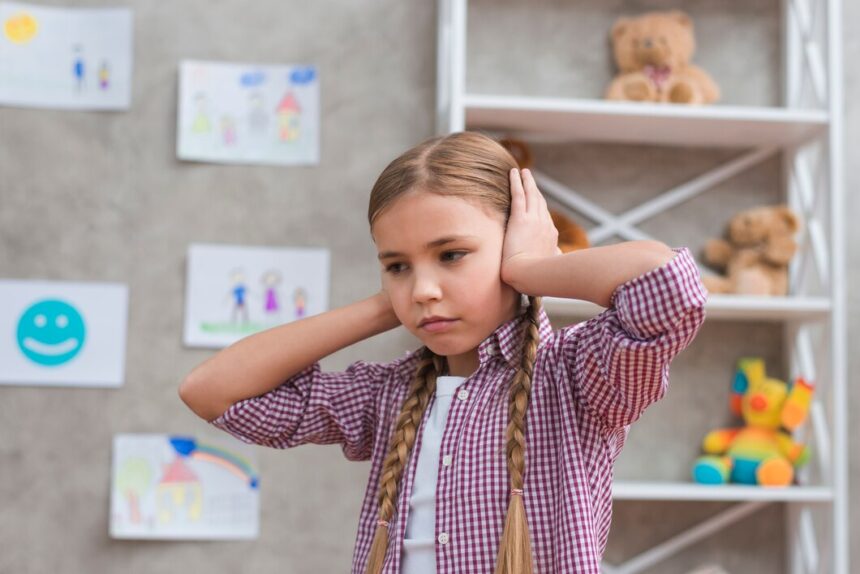Attention deficit hyperactivity disorder (ADHD) is a neurodevelopmental disorder that affects millions of children worldwide. While ADHD can manifest differently in each child, early recognition of signs and symptoms is crucial for timely intervention and support. By understanding the early indicators of ADHD, parents and caregivers can seek appropriate evaluation and treatment to help children thrive. Here, we explore common signs and symptoms of ADHD in children:
1. Inattention:
One of the hallmark symptoms of ADHD is difficulty sustaining attention, particularly in tasks that require sustained mental effort or focus. Children with ADHD may have trouble following instructions, organizing tasks, completing homework, or staying on topic in conversations.
2. Hyperactivity:
Hyperactivity is another prominent feature of ADHD, characterized by excessive physical movement, restlessness, and difficulty staying seated. Children with ADHD may fidget, squirm, or constantly move their hands and feet, even in situations where it is inappropriate or disruptive.
3. Impulsivity:
Impulsivity refers to acting without forethought or consideration of consequences. Children with ADHD may blurt out answers before hearing the full question, interrupt others in conversations or games, or have difficulty waiting their turn in lines or during activities.
4. Distractibility:
Children with ADHD are easily distracted by external stimuli, such as noises, movements, or visual stimuli. They may have trouble staying focused on tasks or conversations, frequently shifting attention to unrelated thoughts or activities.
5. Disorganization:
Difficulty with organization and time management is common in children with ADHD. They may struggle to keep track of belongings, forget deadlines or appointments, and have messy or cluttered workspaces.
6. Forgetfulness:
Forgetfulness is a common symptom of ADHD, affecting both short-term and long-term memory. Children may frequently forget to bring homework assignments home, lose personal belongings, or have trouble remembering important dates or events.
7. Poor Academic Performance:
ADHD can significantly impact academic performance, as children may struggle with attention, focus, and executive functioning skills necessary for learning. They may have difficulty following instructions, completing assignments, or staying engaged in classroom activities.
8. Impaired Social Skills:
Children with ADHD may experience challenges in social interactions due to impulsivity, hyperactivity, or difficulty regulating emotions. They may have trouble taking turns, sharing toys, or understanding social cues, leading to conflicts or misunderstandings with peers.
9. Emotional Dysregulation:
Emotional dysregulation is common in children with ADHD, who may experience intense and unpredictable mood swings, frustration, or irritability. They may have trouble managing their emotions in response to stressors or setbacks.
10. Behavioral Problems:
Children with ADHD may exhibit challenging behaviors, such as defiance, aggression, or oppositional behavior, particularly in response to rules or authority figures. These behaviors may occur at home, school, or in other social settings.
It’s important to note that not all children who exhibit these signs and symptoms have ADHD, and a comprehensive evaluation by a qualified healthcare professional is necessary for an accurate diagnosis. If you suspect that your child may have ADHD, consider seeking guidance from a pediatrician, psychologist, or psychiatrist who specializes in ADHD assessment and treatment.
Early intervention and support are essential for children with ADHD to reach their full potential and thrive academically, socially, and emotionally. By recognizing the early signs and symptoms of ADHD and seeking appropriate evaluation and treatment, parents and caregivers can help children manage symptoms, develop coping strategies, and succeed in all areas of life.










